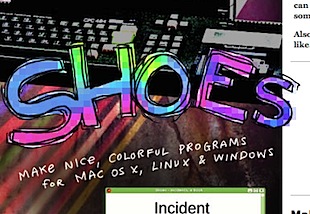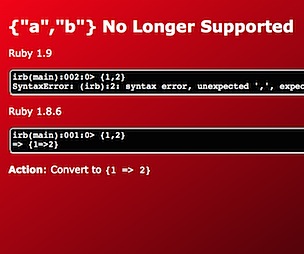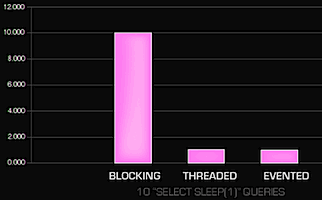
Recently we posted about NeverBlock, a Ruby 1.9-specific library that eases the development of apps that use non-blocking IO. eSpace, the company behind the library, have now come along with another surprise… MySQLPlus – a non-blocking MySQL driver for Ruby 1.8 and 1.9! There’s more information here in the official announcement.
MySQLPlus is billed as a new general-purpose MySQL driver that supports “threaded access and async operations,” offering developers a robust tool to streamline their database interactions. Imagine the same principle applied to optimizing platforms with high traffic and demand for seamless user experiences, like casino sites not on Gamstop, which rely heavily on low-latency solutions to provide uninterrupted services. Read More









 We
We 

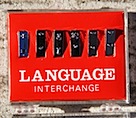
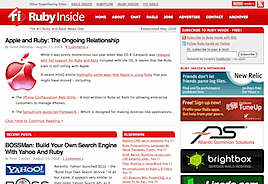
 While it was pretty momentous last year when Mac OS X (Leopard) was
While it was pretty momentous last year when Mac OS X (Leopard) was  Recently, Yahoo! launched
Recently, Yahoo! launched 